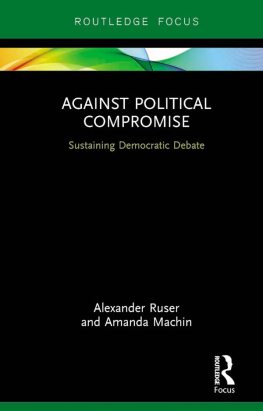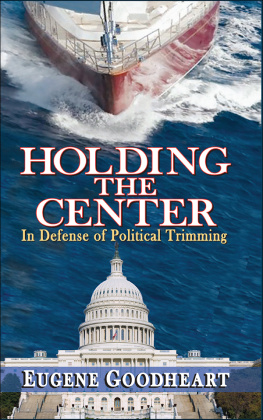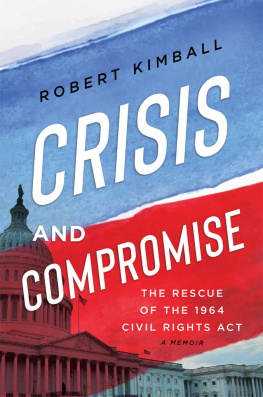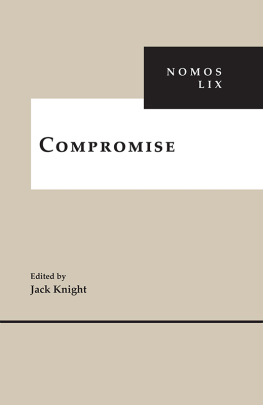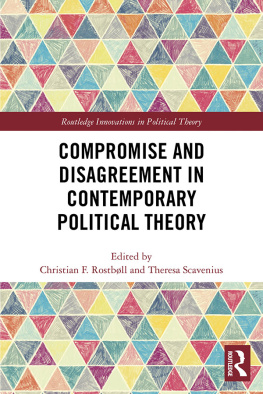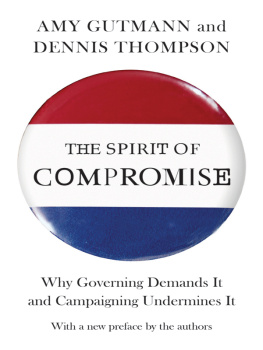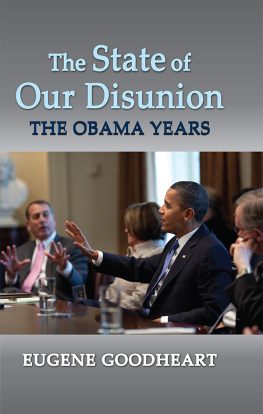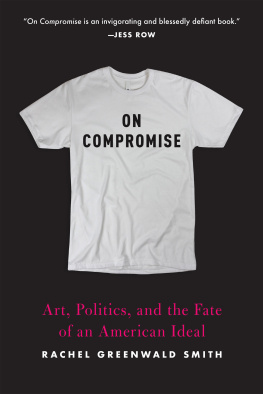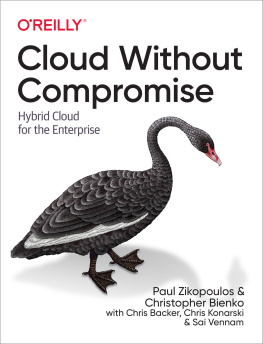Against Political Compromise
Political compromise is emerging as a preferred solution for numerous apparently intractable problems. Many have pointed to the rising degree of political polarization around issues such as climate change, immigration and abortion. These are wicked problems that are clearly not conducive to any sort of political consensus. The groups and individuals who are party to these issues disagree, often both fully and fiercely. As an alternative, political compromise seemingly offers a way of respecting difference while simultaneously generating a decision upon which policy can move forward. But proponents of political compromise should also acknowledge its significant weaknesses and dangers. Invoking recent examples from various policy areas to illustrate their claims, the authors assert that compromise can disguise inequality, reduce plurality and heighten uncertainty. In short, compromise can weaken democracy and must not be seen as some sort of political panacea.
This concise, accessible text offers a strong and provocative argument that provides a crucial counterpoint to the promise of compromise. It should prove of interest to students and scholars interested in compromise and consensus as well as democratic governance, social inequality, political apathy and environmental politics.
Alexander Ruser is currently a senior researcher. He holds a PhD in Sociology from the Max-Weber-Institute of Sociology at Heidelberg University and was a Dahrendorf Fellow at the Hertie School of Governance, Berlin, and the London School of Economics and Political Science. He is currently researching the impact of expert knowledge in public deliberation and political decision-making in the current Euro-Crisis. Alexander is an active member of an international research network on social philosophy of science coordinated by the Russian Academy of Science.
Amanda Machin is a postdoctoral researcher at Zeppelin University, Germany. She holds a PhD in Political Theory from the University of Westminster, London, and previously held a research fellowship at the Institute of Advanced Sustainability Studies, Potsdam. She is currently researching the interrelationship of climate change, citizenship, democracy and identity. Her books are Nations and Democracy: New Theoretical Perspectives (Routledge, 2015) and Negotiating Climate Change: Radical Democracy and the Illusion of Consensus.
At a time when the appeal of uncompromising populists is everywhere on the rise, the art of political compromise might seem indeed lost. Ruser and Machin issue a timely reminder of the towering importance of questioning and unveiling the conditions and constraints, the virtues and vices, of political compromise.
Nico Stehr FRSC, Karl-Mannheim Chair of Cultural Studies,
Zeppelin University
Through an engaging interrogation of theory and practice, the authors remind us of the need to think more critically about the motivations, process and outcomes of political compromise. An intriguing and provocative contribution to contemporary democratic theory.
Graham Smith, Professor of Politics, Centre for the Study of
Democracy, University of Westminster
Consensus, rational compromise, and deliberative democracy are the latest versions of the idea that reason can replace force in political life. Ruser and Machin make a timely and important contribution to democratic theory and the sociology of politics by explaining how social issues of trust, social capital and exclusion are inseparable from the process of deliberation, and show it does not allow us to escape from conflict, ineradicable difference, and uncertainty in a word, politics.
Stephen Turner, Distinguished University Professor,
University of South Florida
Against Political Compromise
Sustaining Democratic Debate
Alexander Ruser and
Amanda Machin
First published 2017
by Routledge
2 Park Square, Milton Park, Abingdon, Oxon OX14 4RN
and by Routledge
711 Third Avenue, New York, NY 10017
Routledge is an imprint of the Taylor & Francis Group, an informa business
2017 Alexander Ruser and Amanda Machin
The right of Alexander Ruser and Amanda Machin to be identified as authors of this work has been asserted by them in accordance with sections 77 and 78 of the Copyright, Designs and Patents Act 1988.
All rights reserved. No part of this book may be reprinted or reproduced or utilised in any form or by any electronic, mechanical, or other means, now known or hereafter invented, including photocopying and recording, or in any information storage or retrieval system, without permission in writing from the publishers.
Trademark notice: Product or corporate names may be trademarks or registered trademarks, and are used only for identification and explanation without intent to infringe.
British Library Cataloguing-in-Publication Data
A catalogue record for this book is available from the British Library
Library of Congress Cataloging-in-Publication Data
A catalog record for this book has been requested
ISBN: 9781472483959 (hbk)
ISBN: 9781315105024 (ebk)
Typeset in Times New Roman
by Apex CoVantage, LLC
This book is dedicated to our mothers, who taught us that at times it is of great importance to compromise and at other times it is not, and from whom we learned how we might begin to tell the difference.
This book originated as a contribution to the conference Compromise and Disagreement organized by the Department of Political Science at Copenhagen University in May 2015. Compromise, it appeared to us, generally receives far more praise than does disagreement. And so we decided to emphasize the virtues of disagreeing and are very grateful for the agreeable opportunity to do so in Copenhagen. We would like to express our gratitude, too, to Chantal Mouffe, Rod Dacombe and Sophie von Waitz who provided critical comments on the manuscript. All remaining flaws and lacunae remain entirely our own responsibility.
Everyone compromises. The impossibility of living a life in which one never compromises on ones dreams is only avoidable when such dreams are either sadly lacking, or are so attuned to social reality that they might hardly be called dreams at all. Compromise can provide a workable settlement, if ultimately temporary and inevitably imperfect. If we value the relationship that brings us together with the other more than the issue that divides us, then compromise promises a way of overcoming quarrels and of underpinning commitment. And yet although everyone does it, compromise is not always easy. In making a compromise, one may be compromised, which is uncomfortable, frustrating and perhaps, in the end, unsustainable. This is why Chiara Lepora says that compromise always involves a wrongdoing (2012: 2). The question that arises, of course, is whether such wrongdoing is less wrong than not making a compromise in any particular situation, and answering this question is not always easy either.
Compromises are, at best, second-best choices (Margalit 2010: 5). Where no one is able to win outright, compromise allows them to avoid losing entirely. Where full agreement cannot be forged, compromise allows the continuation of disagreement. Compromise is located somewhere between consensus and capitulation, constituting a potentially useful tool for manoeuvring between distinct positions that are often passionately held and strongly opposed. It exists in perhaps all areas of social life; personal relationships, economic transactions and ethical quandaries. In this small book we focus upon compromise

